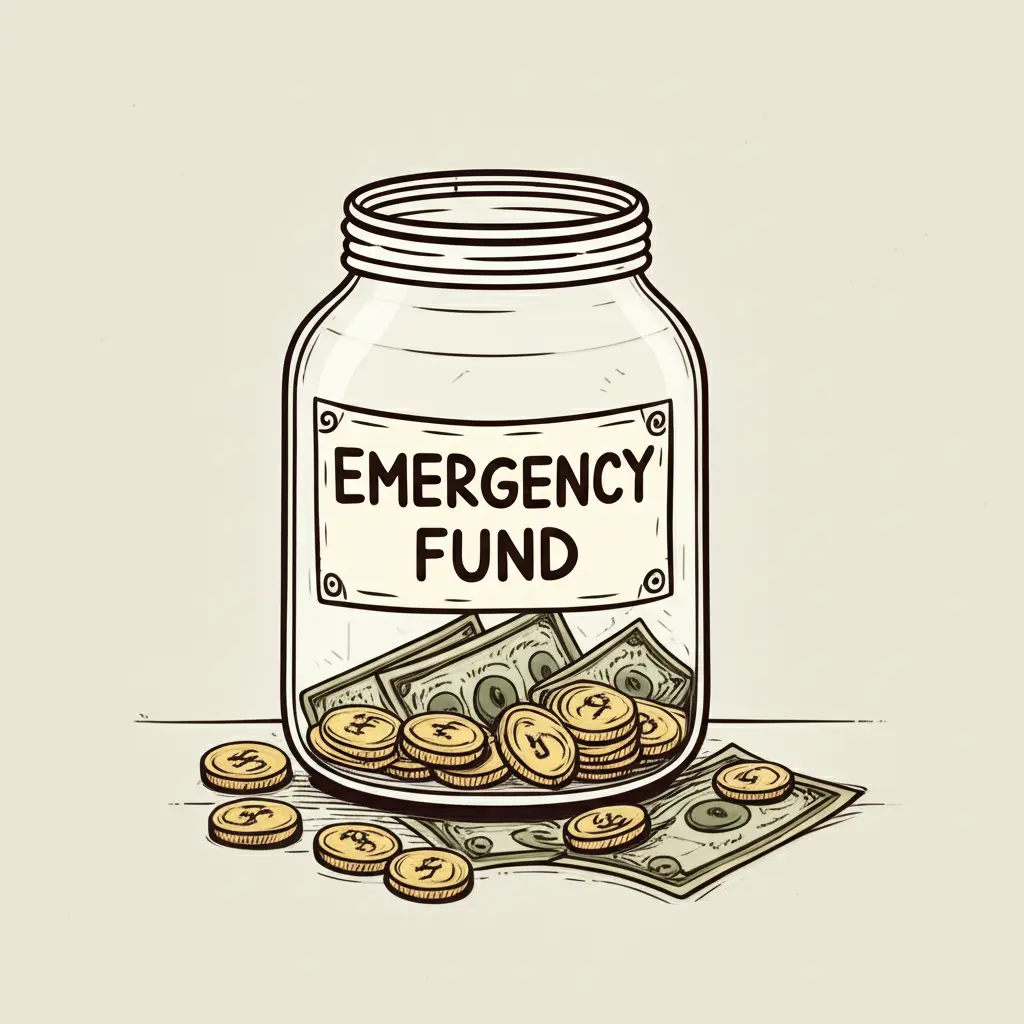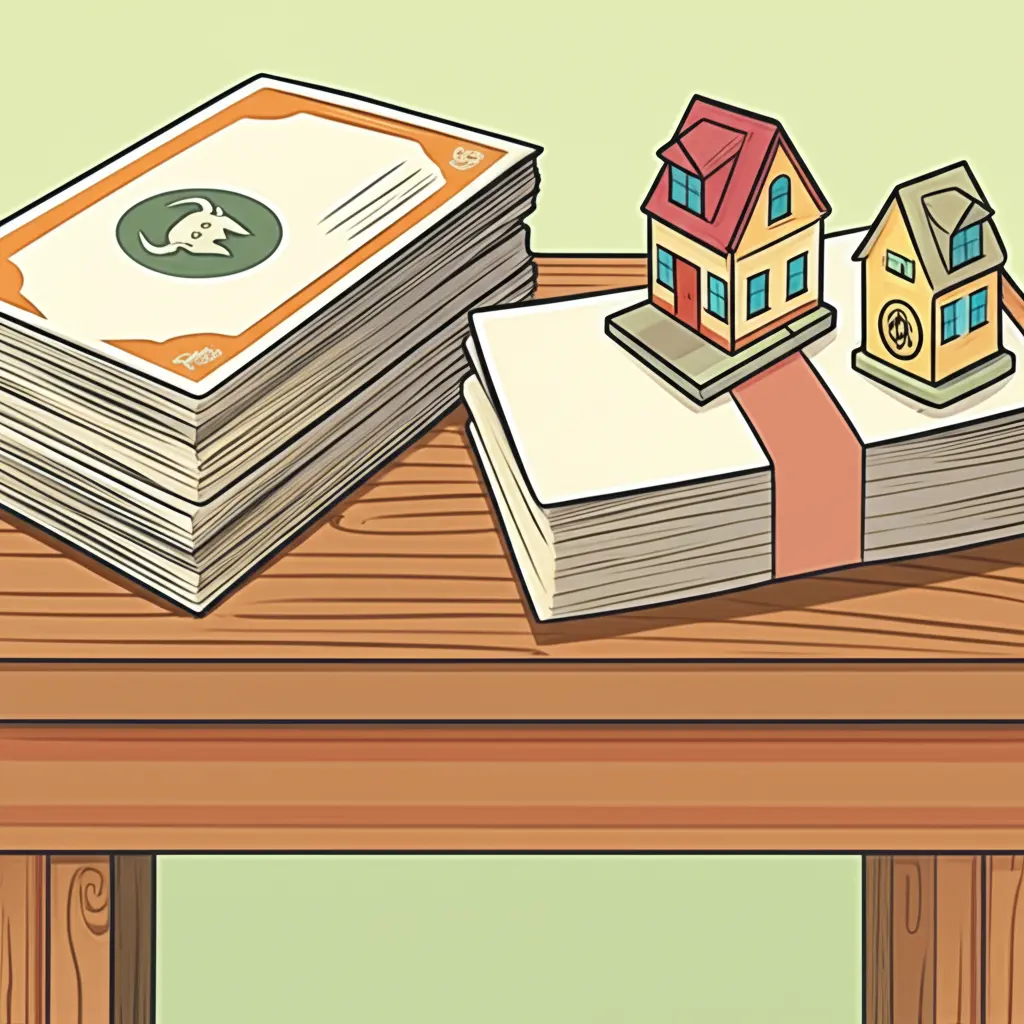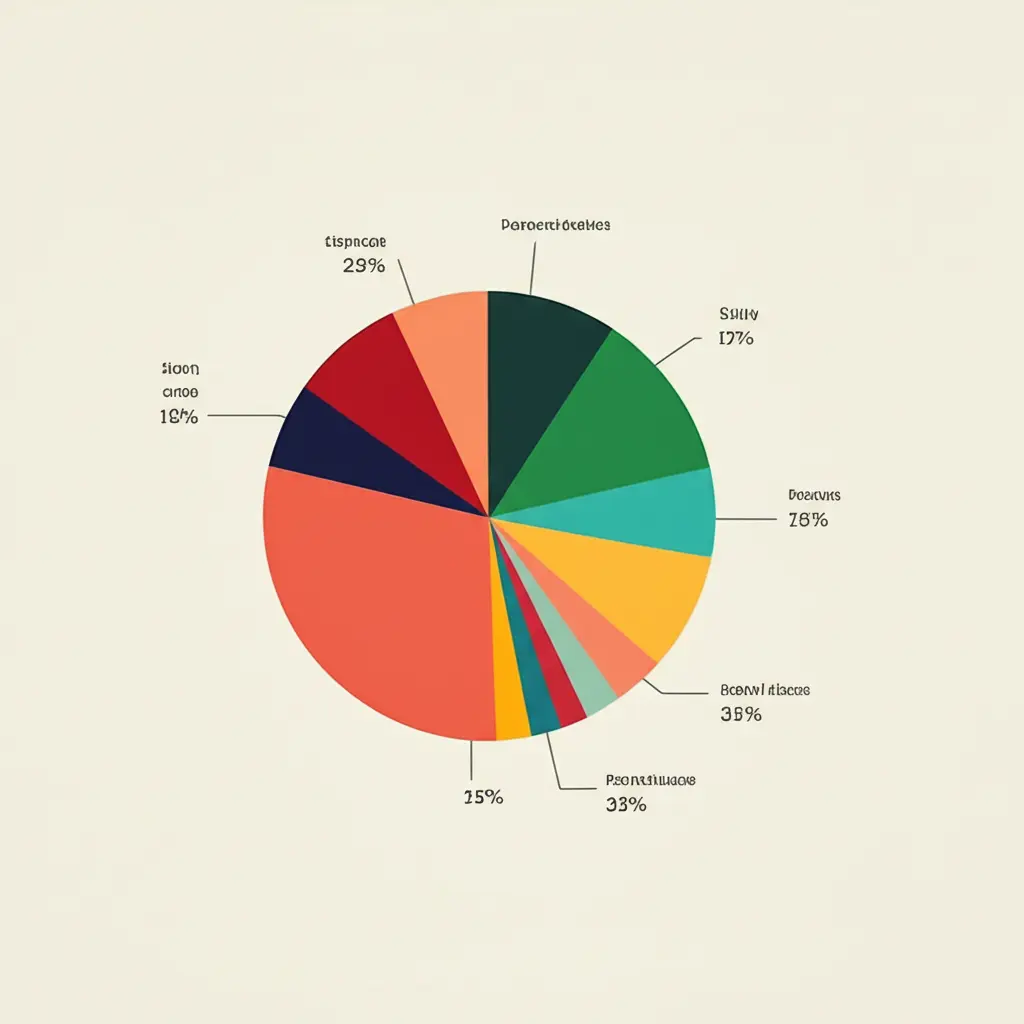Smart Ways to Make Your Savings Work for You Without a Steady Income
Explore how to invest $60K wisely without a steady job. Practical advice for securing your financial future.

Have you ever found yourself sitting on some extra cash, maybe around $60,000, but without a steady job as a safety net? It might feel a bit like standing on a financial tightrope. But don't worry — there are sensible and strategic ways to make that money work for you, even in the absence of a steady income.
Build an Emergency Fund First
Before diving into investment waters, it's crucial to have an emergency fund. Financial experts often recommend setting aside three to six months' worth of living expenses. This cushion can be a lifesaver, covering unforeseen emergencies without derailing your finances.

Explore Your Investment Options
Once your emergency fund is secure, you can focus on investing for growth. With $60,000 at your disposal, here's how you might start:
- Stocks: Consider mutual funds or ETFs that offer diversification and professional management.
- Bonds: These can provide steady income and lower risk compared to stocks.
- Real Estate: While riskier, platforms like REITs can help you participate in property investments without buying property directly.

Diversification is Key
Diversifying your investments can mitigate risks. Think of it as not putting all your eggs in one basket. A mix of ETFs, bonds, and maybe a bit of real estate can offer balanced exposure to different market segments. Smart diversification can help your nest egg grow steadily over time.

What About Tax-Advantaged Accounts?
If you're not currently employed, retirement accounts might sound irrelevant, but there are still options. An IRA could be a viable choice, offering long-term growth with tax benefits. This way, you can secure a portion of your funds for when you're ready to retire.
Reflect and Plan Your Next Steps
Making decisions about your money without a steady income can feel daunting, but understanding your priorities and risk tolerance makes it manageable. While it's always wise to consult with a financial advisor for personalized advice, gaining some foundational knowledge can go a long way in making informed decisions.
Do you have any strategies for managing savings without a job? I'd love to hear your thoughts in the comments below.




